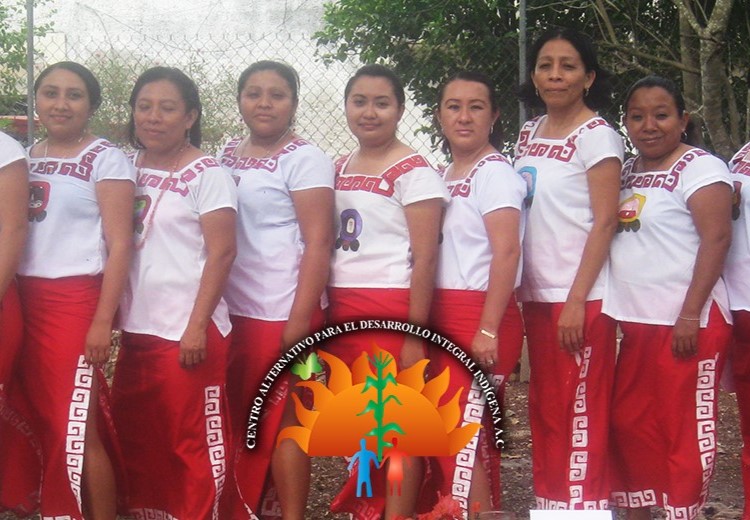The Diplomat
Two organizations have been awarded the XXIX edition of the Bartolomé de las Casas Award in 2022: the Centro Alternativo para el Desarrollo Integral Indígena A.C. (CADIN) of Mexico and the Centro de Investigación Diseño Artesanal y Comercialización Cooperativa (CIDAC) of Bolivia.
The jury, which met on December 1, decided to award the prize ex-aequo to both associations after failing to reach unanimity for only one candidacy, Casa de America informed in a press release. The Secretary of State for International Cooperation of the Ministry of Foreign Affairs and Casa de America convene every year, since 1991, the Bartolome de las Casas Award, which consists of an endowment of 50,020 euros and a medal with an effigy of the Dominican friar. The aim of the award is to promote recognition and respect for the rights of the indigenous peoples of the Americas and the diversity of their cultural manifestations.
CADIN is a Mayan women’s organization that works with women, girls and adolescents in Mayan communities to improve integral health, equity and equality between men and women, have social impact and strengthen the Mayan identity and self-sustainability of the women’s collective. Since its founding in 1997, CADIN has been fully dedicated to the defense of the rights and community strengthening of the indigenous peoples of the Americas, particularly Mayan women in the state of Yucatan, Mexico.
Since 2016, CADIN has been part of the project Red de Promotoras Mayas de Justicia, whose objective was to improve access to community justice for women who suffer violence in five municipalities in Yucatan. Currently, the Mayan Promoters Network is consolidated and has 40 promoters from eight municipalities in Yucatan.
CIDAC is a non-profit civil association that works for the integral social development of indigenous and intercultural communities in the lowlands of Bolivia. Its mission is to promote sustainable processes of economic improvement and cultural recognition and affirmation among the indigenous and peasant artisans of the area through the organization for the recovery, revaluation and development of native art.
Since 1980, it has worked for all these objectives, inside and outside the country, and to give value to the cultural legacy of the peoples, until then almost extinguished. In addition, it has worked for the integral development and cultural recovery, together with artists and artisans of five ethnic groups and intercultural communities of the Bolivian lowlands.







